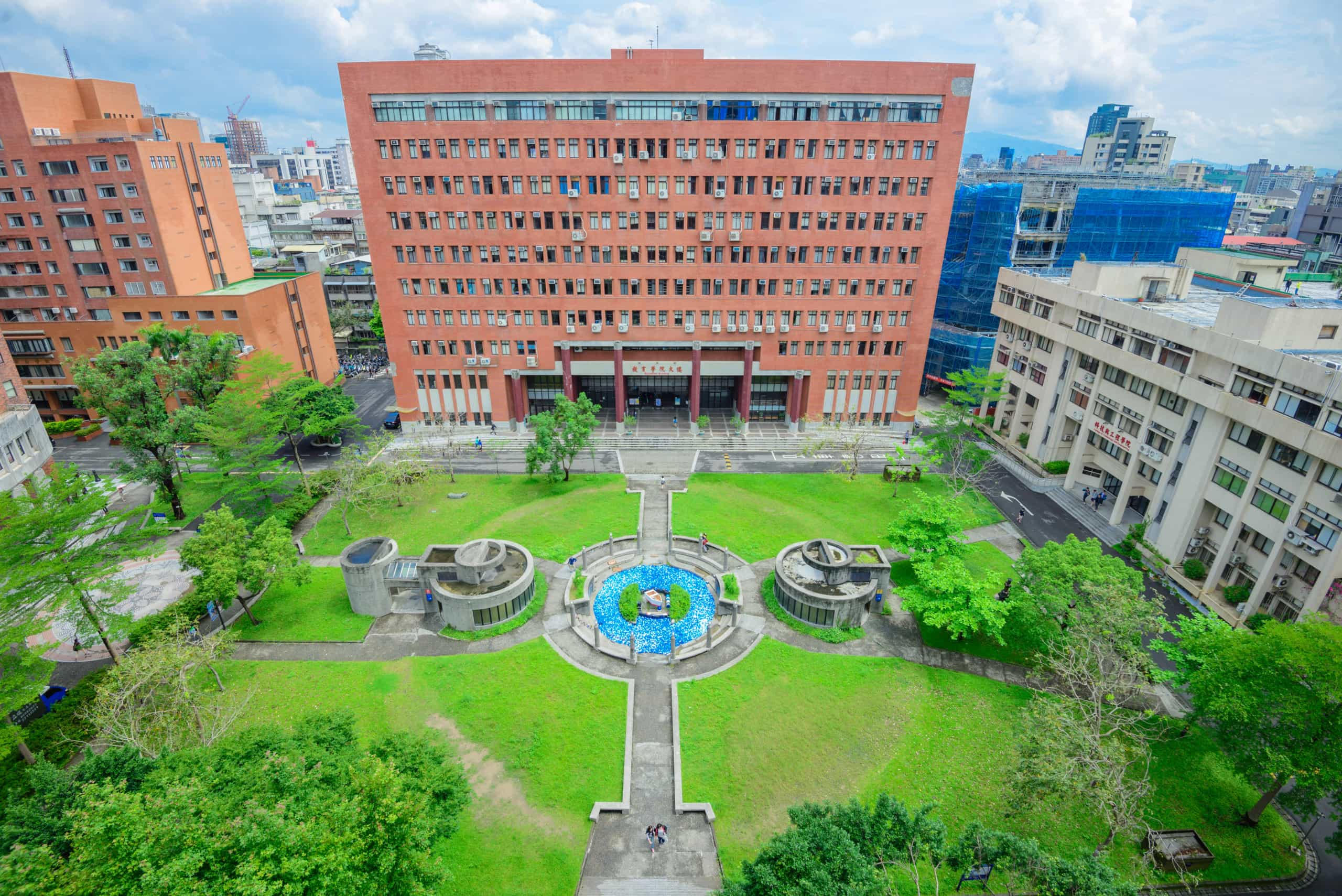Since being selected by the Ministry of Education (MOE) as a benchmark university for the ‘Bilingual Education for Students in Higher Education Program’ in 2021, NTNU has made significant strides in advancing its bilingual education initiatives with clear objectives and well-defined strategies. These efforts have positioned NTNU as a leader in the internationalization of higher education. Key achievements include:
Coordinated Efforts to Promote a Bilingual Learning Environment
Following the program’s approval, NTNU established the Office of Bilingual Education to implement its bilingual strategies. An assessment of the university’s resources, coupled with stakeholder input, led to the creation of 35 performance indicators, which are refined annually.
NTNU President Cheng-Chih Wu oversees the initiative, regularly convening the steering committee to evaluate progress and adjust strategies. President Wu emphasized, ‘ NTNU isn’t aiming to become a fully English-language university. Instead, we’re using the bilingual university program, in line with our development plans, to enhance international engagement and cultivate a vibrant, multilingual learning environment as part of our broader internationalization goals.’
The program focuses on developing English as a Medium of Instruction (EMI) courses, recognizing that their success also depends on informal and supplementary curricula. Academic and administrative departments work together to build a robust bilingual environment, which underscores NTNU’s comprehensive approach to promoting bilingual education.
Building an International and Bilingual Campus Environment
NTNU employs 51 foreign faculty members, and international students currently make up 12% of the student body, contributing to a diverse and globally engaged campus. In 2023, the number of English as a Medium of Instruction (EMI) courses reached 886, with over half of current students enrolled in at least one.
The bilingual program operates on the principle of ‘creating opportunities through choice,’ offering more EMI courses to enhance students’ bilingual skills and global competitiveness. Course development follows a phased approach: starting with foundational English, progressing to academic English in professional fields, and culminating in EMI courses specific to each college.
Vice President of Academic Affairs Mei-Hui Liu noted, ‘NTNU’s EMI courses have grown from 497 before the program began to 886 in the 2023 academic year, an increase of 78%. More than half of the students have taken EMI courses.’
Currently, all undergraduate programs offer at least 18 credits of EMI courses, and nearly 70% of graduate programs provide fully English-taught degrees. In 2024, NTNU will introduce four fully English-taught undergraduate degree programs, including the new undergraduate program in Global Studies, which has already attracted 35 international students from 14 countries.
In addition to these efforts, NTNU offers a specialized International Baccalaureate (IB) teacher training program and industry-academia EMI courses. These initiatives link English proficiency with employability, encouraging students to engage deeply with EMI courses while preparing them for global careers.
Establishing Taiwan’s First Academic Literacy Center
NTNU established the Center for Academic Literacy (CAL), Taiwan’s first academic English-focused support center, employing over ten consultants from diverse backgrounds. CAL provides one-on-one academic writing and speaking consultations, offering over 80 hours of weekly services, including during vacations.
In addition to consultations, CAL offers academic writing and speaking courses, workshops, writing camps, lectures, and self-produced instructional materials. AI tools assist students with their EMI coursework, reports, and theses. CAL’s model has become an inspiration for other universities looking to develop similar services.
Vice President for International Affairs Yi-De Liu highlighted NTNU’s success in attracting international students, particularly through the Mandarin Training Center, which enriches the bilingual program by fostering a culturally diverse learning environment.

Expanding International Influence through Strategic Partnerships
NTNU established the Resource Center for EMI (RCEMI) with support from the MOE to share best practices with other universities. The center provides inter-university support, faculty development, and academic English counselor training. Since its inception, the center has served 88 universities, certifying 307 teachers and 234 students in EMI pedagogy. Many of the program’s online resources are freely accessible to faculty and students across Taiwan.
Vice President Mei-Hui Liu emphasized NTNU’s dedication to developing bilingual education models tailored to Taiwan’s cultural context. As part of this effort, NTNU collaborated with the University of Texas at Austin to create an EMI faculty training module. In summer 2023, 21 instructors completed overseas training and received joint certification from NTNU and UT Austin. Additionally, NTNU is partnering with Columbia University to develop a hybrid faculty training course, scheduled to launch in October.
In addition to these partnerships, a Thai university will visit NTNU in September to study its bilingual education model. NTNU aims to share its resources with other Taiwanese universities while continuing to build its international reputation.

